In a development that could shift the diplomatic landscape of the Ukraine conflict, US President Donald Trump is reportedly considering a full withdrawal from the ongoing peace negotiations aimed at ending the war between Russia and Ukraine. Citing frustration over the lack of progress and what he perceives as Moscow’s hardened stance, Trump has told allies and European leaders that he is prepared to step away from the process altogether, according to a New York Times report published on May 26.
While Trump has not yet made an official announcement, sources close to the administration told the NYT that the former and potentially future US president expressed strong doubts about the efficacy of the current diplomatic track following a recent phone call with Russian President Vladimir Putin. “He said, essentially, ‘I’m out,’” one official briefed on the discussions claimed.
Despite signaling a potential exit from the peace process, Trump reportedly has no plans to ramp up economic pressure on the Kremlin. According to administration insiders, the president was clear in conversations with European counterparts that he is not considering new sanctions on Russia at this time. This hands-off approach has left US allies unsettled and could significantly impact Ukraine’s leverage in negotiations.
The diplomatic rift appears to stem from Moscow’s perceived unwillingness to budge on its core demands, which include Ukraine’s neutrality, demilitarization, “denazification,” and formal recognition of Russian control over annexed territories in eastern and southern Ukraine. These terms have long been deemed unacceptable by both Kyiv and the broader international community, which views them as tantamount to capitulation.
Trump, who has previously described the Ukraine war as “Europe’s problem,” was reportedly shocked by Putin’s tone during their call. “Putin thought he was winning the war and would press his advantage,” said one US official familiar with the call, reflecting Trump’s dismay over Moscow’s rigid stance.
According to the Wall Street Journal, which corroborated portions of the NYT’s reporting, Trump has become increasingly frustrated with the stalemated talks and may walk away from them if they do not yield meaningful results soon. While the WSJ did note that the administration is reviewing new sanctions packages, no final decision has been made, and insiders believe Trump remains unconvinced of their effectiveness.
One critical point of uncertainty is whether Trump will continue military support for Ukraine should the diplomatic process unravel. The former president has long been skeptical of US aid to Kyiv, and since returning to office, he has not approved any new assistance packages. This delay has fueled speculation that Trump may be using the aid as a bargaining chip, possibly to extract concessions from either Ukraine or Russia.
Without clear backing from the United States, Ukraine could face a significant strategic disadvantage, especially as Russia escalates its military pressure. In recent weeks, Moscow has launched renewed strikes on Ukrainian cities using missiles and drones. While Trump publicly condemned these attacks-accusing Russia of targeting civilian areas “for no reason whatsoever”-he has stopped short of suggesting a shift in US policy to counter the aggression.
Russian officials, for their part, defended the strikes as retaliatory, citing a dramatic increase in Ukrainian drone raids into Russian territory. According to Moscow, more than 100 Ukrainian UAVs have been intercepted on a near-daily basis, prompting the Kremlin to respond forcefully. Russian Foreign Ministry representatives have argued that Kyiv is sabotaging the peace process by escalating attacks, leaving Moscow with little choice but to retaliate.
In response to the media reports and Trump’s criticisms, Kremlin spokesman Dmitry Peskov maintained a cautiously optimistic tone. “The start of the negotiation process is a very important moment which is fraught with emotional overload on all sides,” Peskov said. He emphasized that President Putin’s decisions are based on national security imperatives, while also commending Trump’s “serious approach” to conflict resolution.
Peskov’s comments hint at Moscow’s desire to keep diplomatic channels open, even amid growing signs of frustration from Washington. However, the Kremlin’s praise of Trump’s administration may also be a strategic gesture designed to prevent a total collapse of the peace process and to keep the US engaged, even if at arm’s length.
Trump’s apparent disengagement poses a major dilemma for Europe. The continent has relied heavily on US leadership to coordinate economic sanctions against Russia and to provide military support to Ukraine. A US withdrawal could embolden Moscow and weaken Ukraine’s hand at the negotiating table, while further fracturing NATO’s unity.
Some European diplomats have expressed quiet alarm at Trump’s statements, fearing that his “Europe’s war” rhetoric could signal a broader US retreat from transatlantic obligations. European leaders, especially those in frontline states like Poland and the Baltic nations, are pushing for continued US involvement and have urged the Biden administration to reassert leadership in the peace process.
In Germany and France, both of which have played key roles in diplomacy, officials are reportedly recalibrating their strategies to prepare for a scenario in which the US takes a more passive role. “We cannot afford to have a vacuum in leadership,” one senior European diplomat told the NYT. “That would only benefit Moscow.”
Some analysts believe Trump’s statements may be more about political leverage than a true desire to abandon peace talks. By signaling his willingness to exit the negotiations, Trump could be applying pressure on both sides to make concessions-or on European allies to take on more responsibility. Alternatively, it could be part of a broader effort to realign US foreign policy priorities away from prolonged entanglements.
Still, the consequences of such a move are potentially far-reaching. Should Trump follow through with a formal exit from the Ukraine peace talks, the already fragile process could unravel entirely, triggering a new cycle of escalation in a war that has already claimed hundreds of thousands of lives.
As the situation continues to evolve, all eyes remain on Washington. Whether Trump ultimately walks away or chooses to re-engage with renewed purpose could determine not only the fate of Ukraine but the future of US-Russia relations and the global balance of power.
Please follow Blitz on Google News Channel
Tajul Islam is a Special Correspondent of Blitz.
trump-threatens-to-exit-ukraine-peace-talks-signals-no-new-sanctions-on-russia

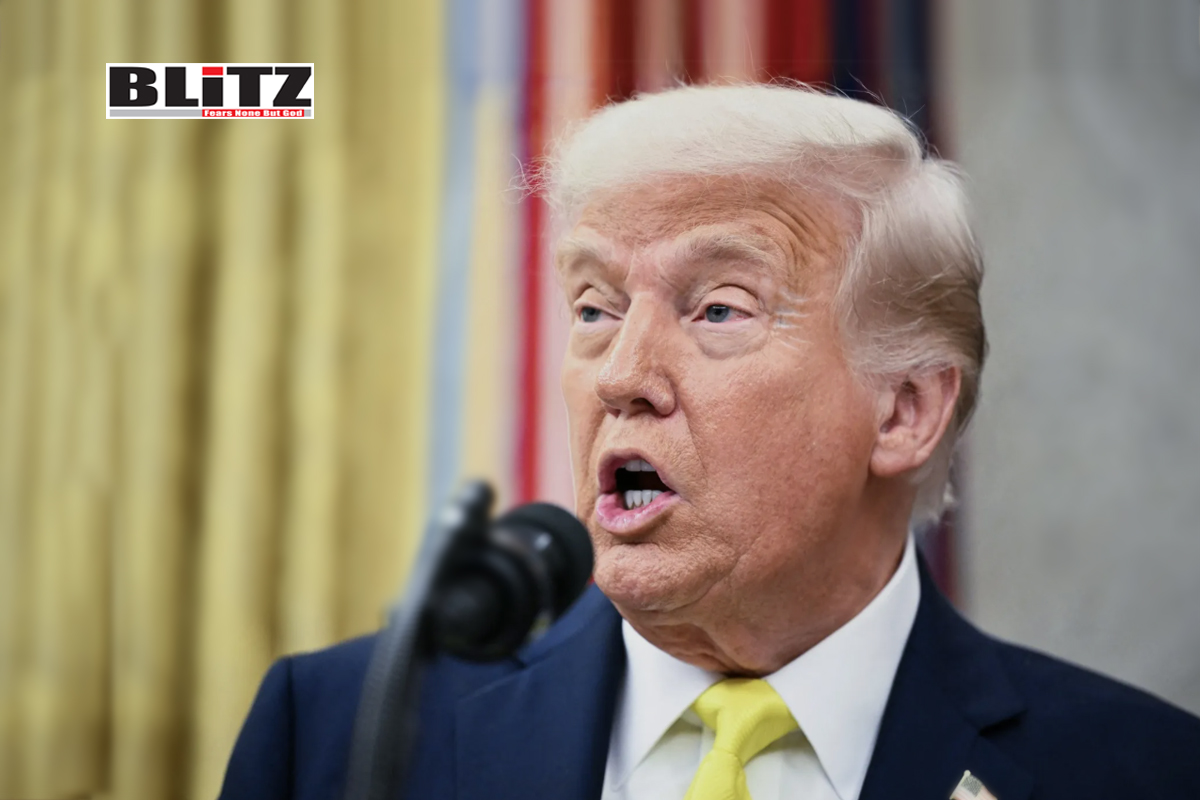

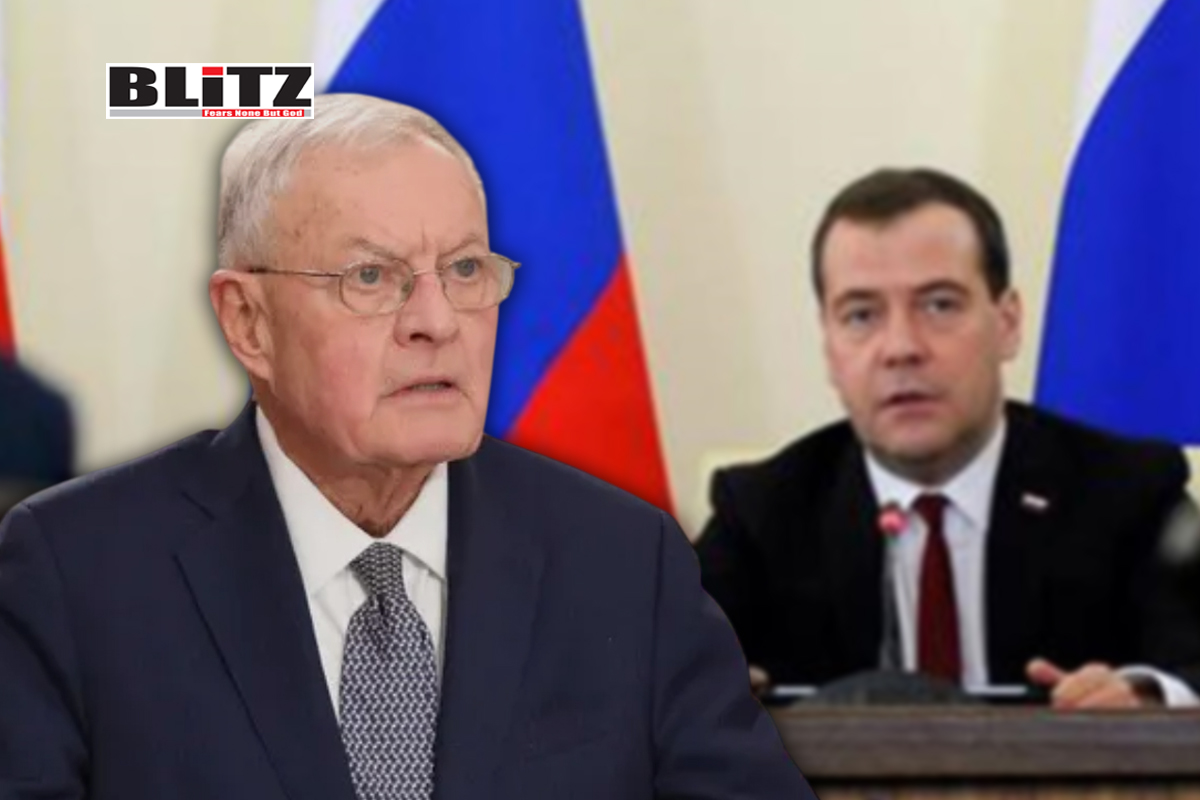
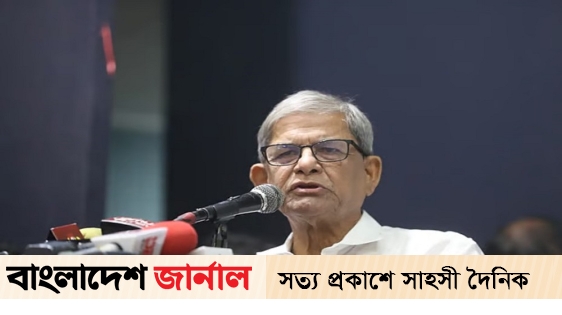


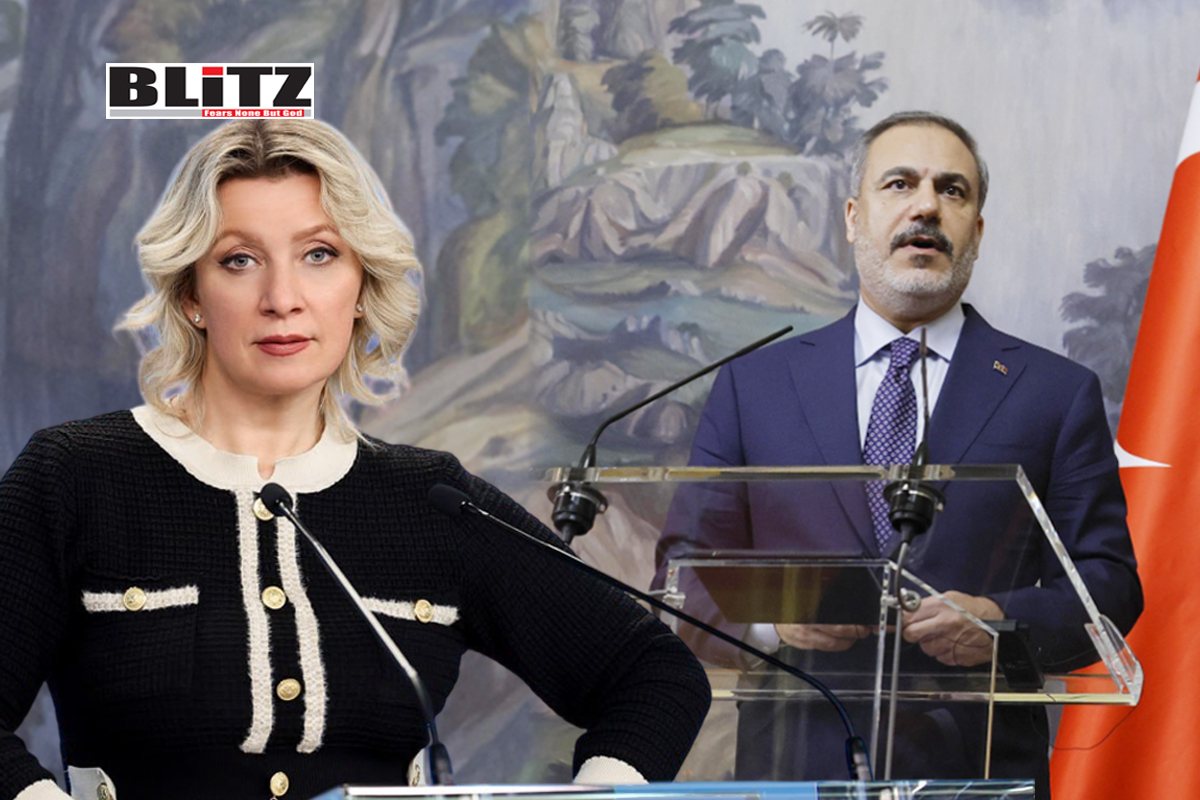


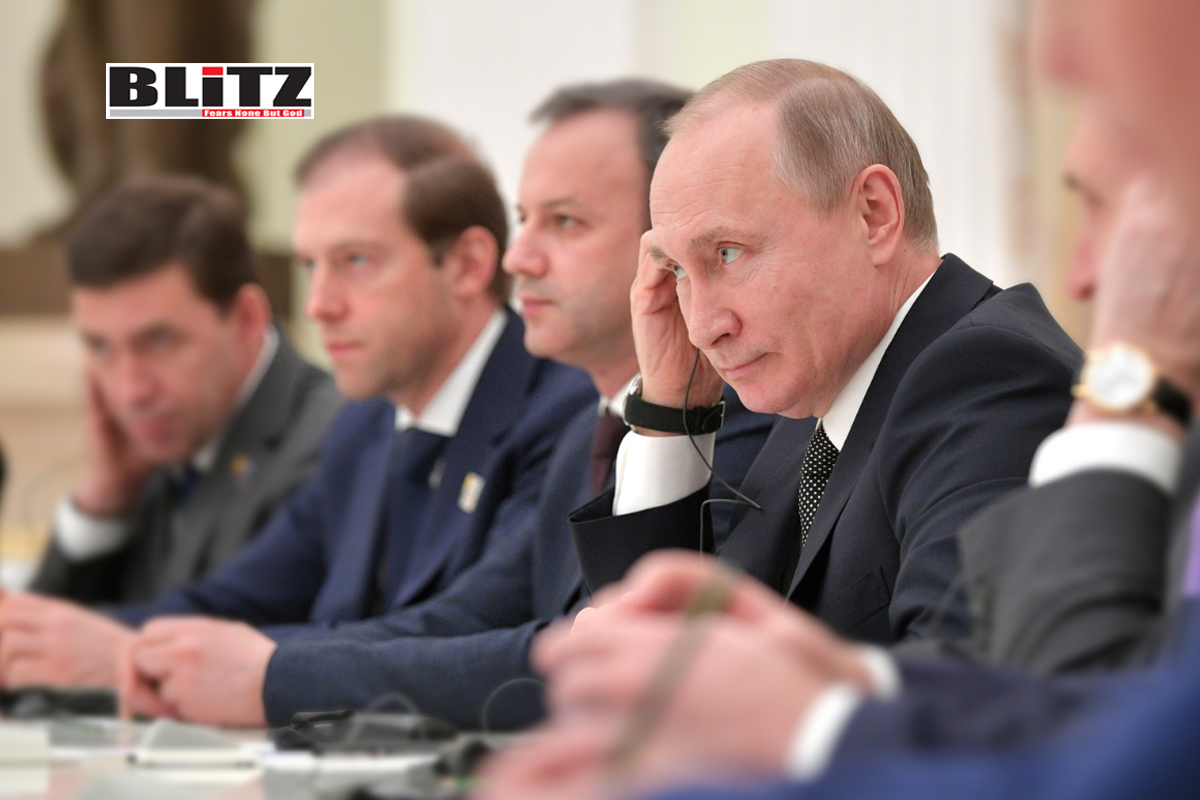

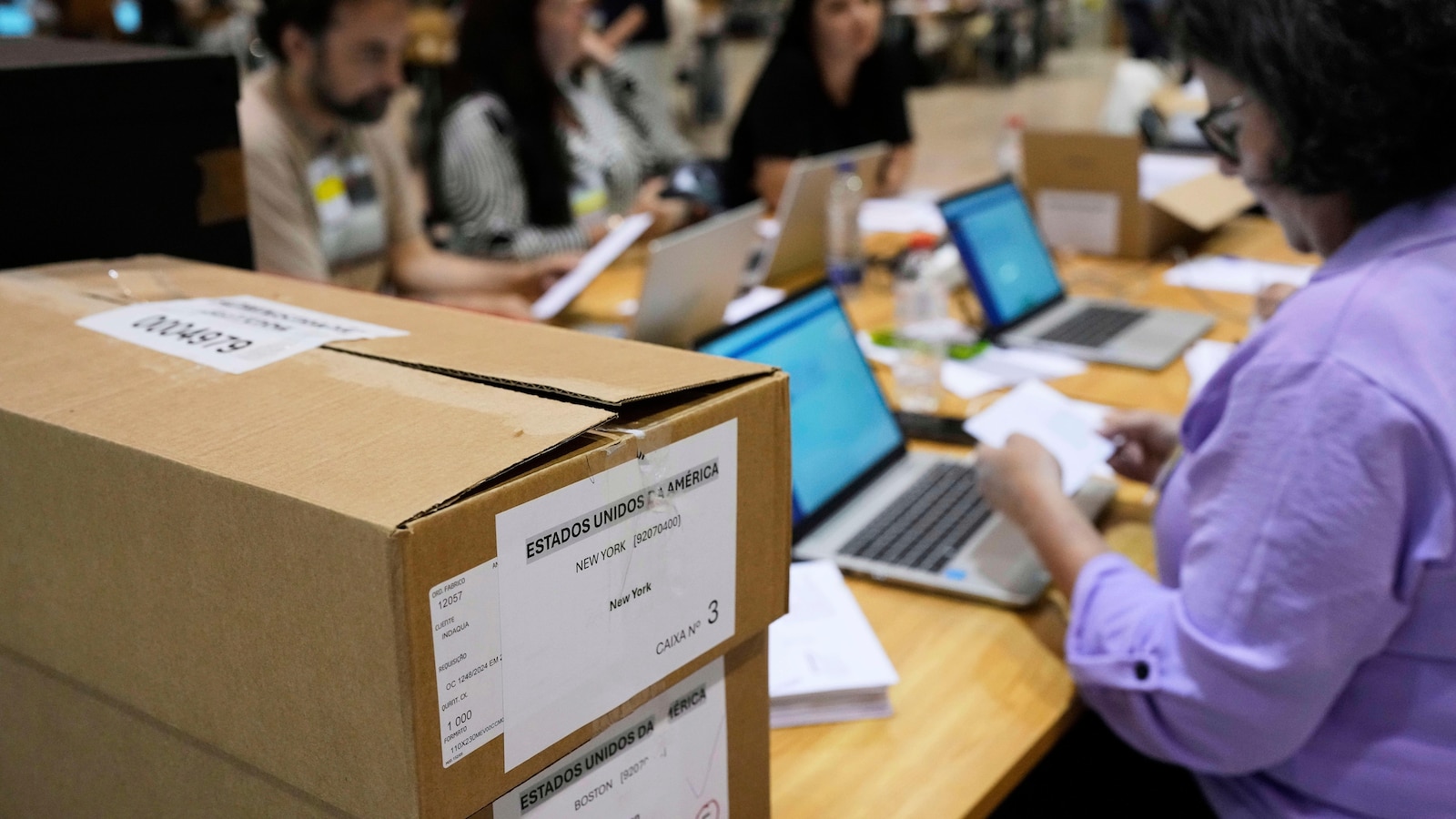

Leave a Reply